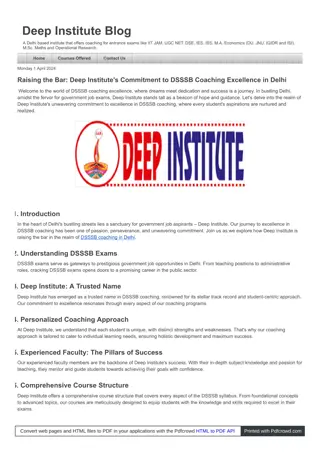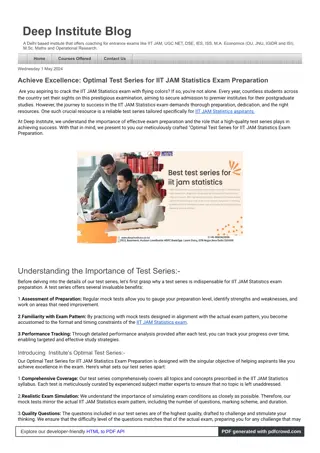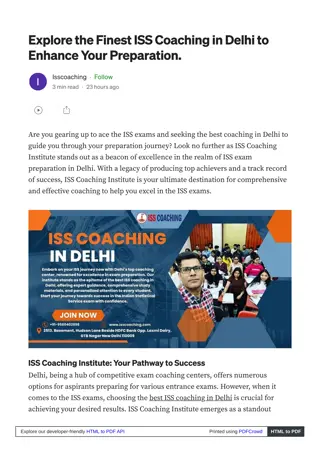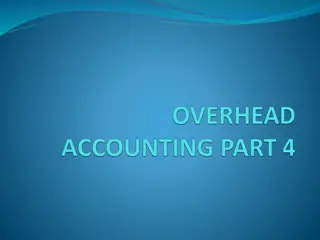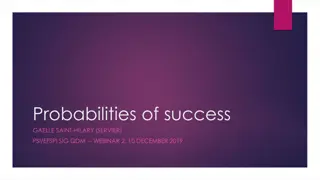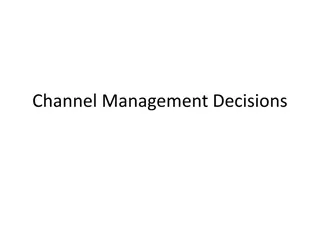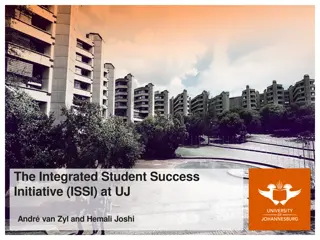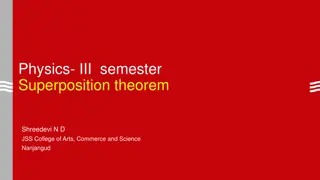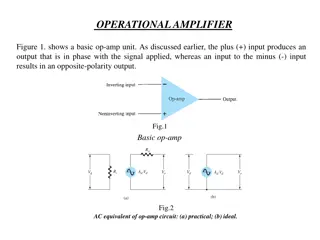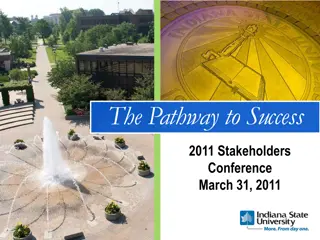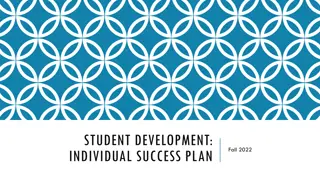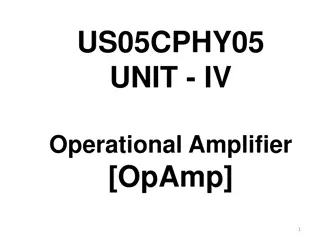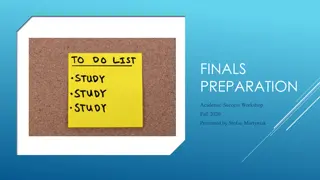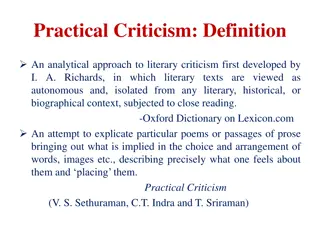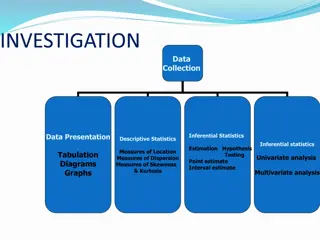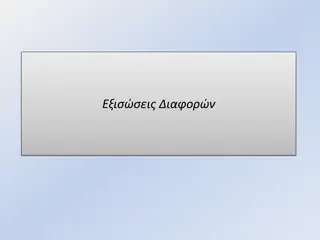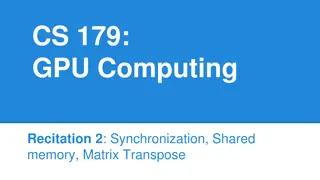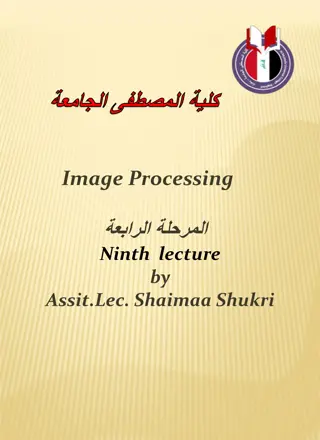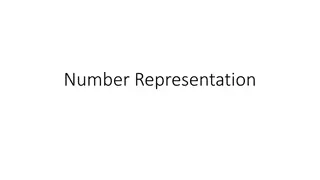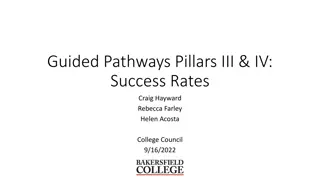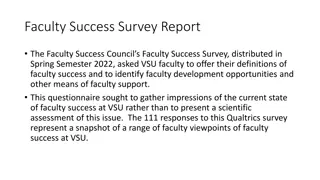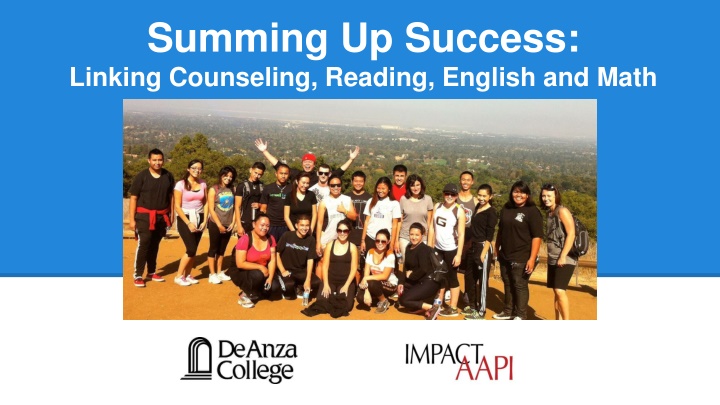
Unlocking Student Success Through Interdisciplinary Education
Explore the interdisciplinary approach of the CREM program, linking counseling, reading, English, and math to enhance student success. Meet the dedicated CREM team and discover the evolution of the program based on research and student feedback. From cohort sequences to keys to success, learn how partnerships, counseling, and collaborative policies shape a strong community fostering student achievement.
Download Presentation

Please find below an Image/Link to download the presentation.
The content on the website is provided AS IS for your information and personal use only. It may not be sold, licensed, or shared on other websites without obtaining consent from the author. If you encounter any issues during the download, it is possible that the publisher has removed the file from their server.
You are allowed to download the files provided on this website for personal or commercial use, subject to the condition that they are used lawfully. All files are the property of their respective owners.
The content on the website is provided AS IS for your information and personal use only. It may not be sold, licensed, or shared on other websites without obtaining consent from the author.
E N D
Presentation Transcript
Summing Up Success: Linking Counseling, Reading, English and Math
Meet the CREM Team... Anu Khanna Coordinator Tom Nguyen Counselor Sarah Lisha Reading Instructor Amy Leonard English Instructor Doli Bambhania Math Instructor
CREM: What It Is An interdisciplinary cohort of Counseling Developmental Reading/ Writing through transfer level English Writing Developmental through transfer level Math
CREM Evolution Institutional Research identified Math and English pairings Evidence of increased student success with embedded counselor Pilot Project through the Learning in Communities (LinC) program in 2008 Program evolution based on student and faculty focus groups, student surveys, and program review data
CREM cohort sequence Fall Winter Spring Integrated Reading and Writing Composition and Reading Critical Reading, Writing and Thinking Elementary Statistics and Probability Beginning Algebra Intermediate Algebra Topics in Counseling Counseling Seminar Counseling Seminar
Keys to Success Partnerships across campus Dedicated counselor Faculty Collaboration Joint syllabi and assignments Community building Scholarship Opportunity through APIASF Peer mentors Outreach
Who We Partner With IMPACT/AAPI Program LinC (Learning in Communities) Peer Mentor Initiative Divisions: Language Arts, Physical Sciences, Math & Engineering, and Counseling
What We Do Counseling and Mentoring Collaborative Policies and Interdisciplinary Assignments Establishing Strong Community
Interdisciplinary Assignments Business & Advertising Project Social Media Debate Global Issues Conference Data Analysis Project Autobiography with a personal finance component Tribute to a STEM hero
Counseling Overview Meet with faculty on weekly basis Student follow up involves classroom visits & additional interventions, case management Safest entry point for AAPI s involves helping students to organize and apply information: Educational plans, Career development, Campus resources
Counseling Sessions Managing expectations & tension to establish parameters Balancing information with strategy, perspective Practicing active listening while offering empathy, genuineness and unconditional care
Becoming a Cultural Broker Identify student skills, strengths, & assets Clarify institutional processes and policies Provide safe, inclusive place for code switching, reflection, and identity development
Whip Around If I could have one superpower, then I would choose
Student Success Courses First year: Study skills workshops & STEM guest speakers Second year: Studenthood issues including study skills, campus resources, teamwork, grit/growth mindset Third year: Building upon best practices while exploring neuroplasticity, self-compassion & cultural resiliency Seminar: Developing identity capital
Processing the Heros Journey Worksheet helps students to process video Opportunity for building community through timeline exercise Tie in with another assignment, Finding Heroes in Everyday Life Encourages students to reflect on personal journeys with respect to attending college, incorporating family/immigration history
Why We Do It Interdisciplinary connections improve teaching and learning Faculty collaboration and community building is worth the investment Interdisciplinary projects make learning more relevant Overall CREM success rate: 80% Significant improvement over standalone Math courses Somewhat better than standalone English courses
How We Do it Institutional Research - facilitates course compatibility and outreach efforts Block Scheduling Faculty Professional Development Institutional-level Logistics: negotiating seat count, scheduling rooms and assigning cohort designations, evaluation/data gathering

